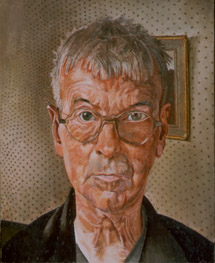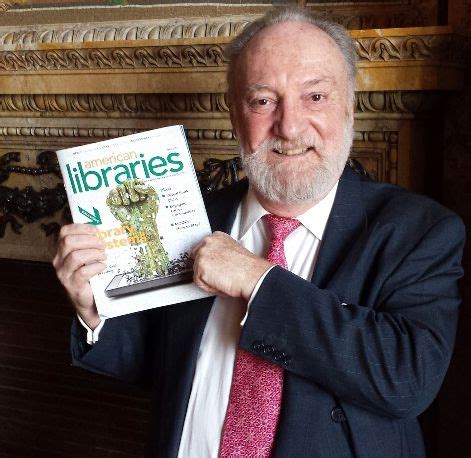A Quote by David Lynch
It makes me uncomfortable to talk about meanings and things. It's better not to know so much about what things mean. Because the meaning, it's a very personal thing, and the meaning for me is different than the meaning for somebody else.
Related Quotes
I really don't know what exactly all the songs mean. Sometimes other people have meanings and when I hear them I think, 'That's really a better meaning than I thought, and perfectly valid, given the words that exist.' So part of what makes a song really good is that people take in different meanings, and they apply them, and they might be more powerful than the ones I'm thinking.
I think a lot of these terms, nationalistic things, somebody is an American, or somebody is a Frenchman, or somebody is a Jew, I don't know, it doesn't mean anything to me. You really should start augmenting these words, saying what kind. If you want to say somebody is a Jew, what do you mean by that? Does he have blonde hair? I think a lot of these ancient nationalistic and ethnic terms have kind of lost their meaning, or their meaning is so broad, it's nothing. It's like he's connected to the ancient world. Everybody is.
I started my professional life as a philosopher of language and for several years took the orthodox line that meaning is an essentially linguistic phenomenon. Whether as a result of simply listening to everyday talk about meaning, or reading books of anthropology, sociology and art history, it dawned on me that there is nothing at all privileged or central about linguistic meaning.
Billy Pilgrim had a theory about diaries.
Women were more likely than men to think that their lives had sufficient meaning to require recording on a daily basis. It was not for the most part a God-is-leading-me-on-a-wondrous-journey kind of meaning, but more an I've-gotta-be-me-but-nobody-cares sentimentalism that passed for meaning, and they usually stopped keeping a diary by the time they hit thirty, because by then they didn't want to ponder the meaning of life anymore because it scared the crap out of them.
I am attracted to looking at the different things language can mean even in one sometimes quite ordinary utterance. Writing is partly about listening closely to yourself as you think or compose and being aware of the different tensions and weights among the words, the different directions any one of them could lead. I like to play with the multiplicity and instability of meaning partly out of a sense of adventure, to see where that takes me and partly in a whistling past the graveyard kind of way because, of course, sensing stable meaning fall away can be scary.
I think that to me, films are personal affairs. It doesn't mean that I am against other people doing things differently, but I'm talking about what I can do. So I don't feel comfortable going to a new city or a certain class of which I don't have sufficient knowledge, doing research on that, and then writing a story about it I don't think I have the ability of presenting other people on screen in that way. It makes me uncomfortable. This doesn't mean that I only want to talk about myself. I want to talk about what I know.
As soon as you look at the world through an ideology you are finished. No reality fits an ideology. Life is beyond that. That is why people are always searching for a meaning to life. But life has no meaning; it cannot have meaning because meaning is a formula; meaning is something that makes sense to the mind. Every time you make sense out of reality, you bump into something that destroys the sense you made . Meaning is only found when you go beyond meaning.
I can negate everything of that part of me that lives on vague nostalgias, except this desire for unity, this longing to solve, this need for clarity and cohesion. I can refute everything in this world surrounding me that offends or enraptures me, except this chaos, this sovereign chance and this divine equivalence which springs from anarchy. I don't know whether this world has meaning that transcends it. But I know that I do not know that meaning and that it is impossible for me just now to know it. What can a meaning outside my condition mean to me? I can understand only in human terms.
Meaning doesn't lie in things. Meaning lies in us. When we attach value to things that aren't love - the money, the car, the house, the prestige - we are loving things that can't love us back. We are searching for meaning in the meaningless. Money, of itself, means nothing. Material things, of themselves, mean nothing. It's not that they're bad. It's that they're nothing. ("A Return to Love")
Many young people today do not concern themselves with style. They think that what one says should be said simply and that is all. For me, style - which does not exclude simplicity, quite the opposite - is above all a way of saying three or four things in one. There is the simple sentence, with its immediate meaning, and then at the same time, below this immediate meaning, other meanings are organized. If one is not capable of giving language this plurality of meaning, then it is not worth the trouble to write.







































